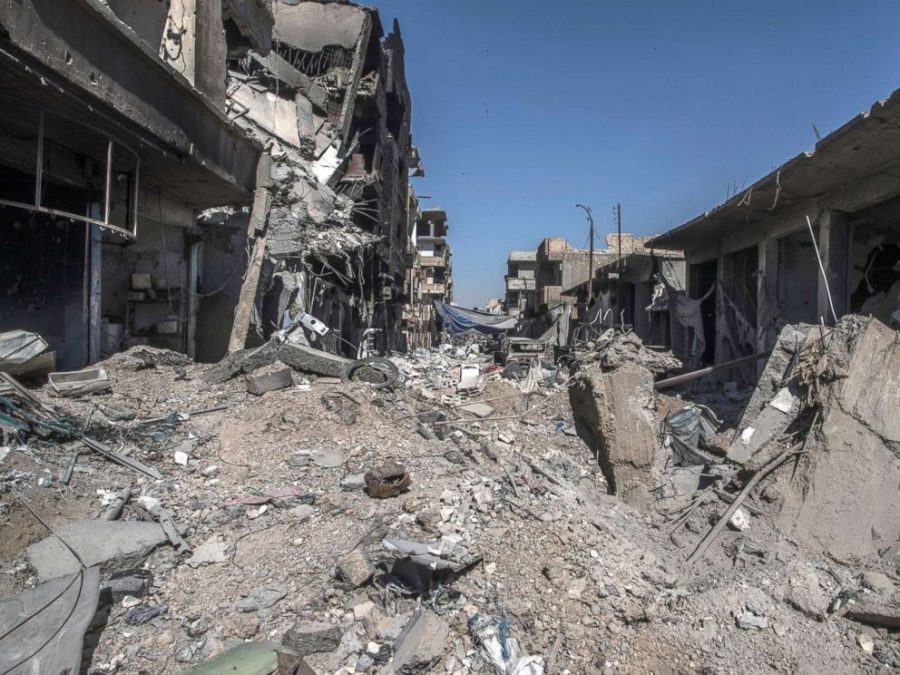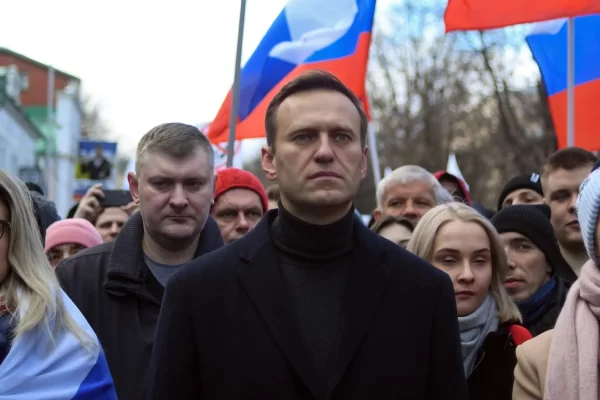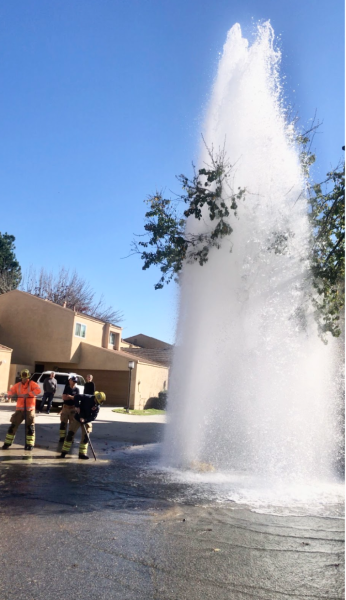Raqqa is Liberated from ISIS’s Control
The Syrian city is left in complete desolation after the battle. One of the major issues the city is facing is how to finance its reconstruction.
October 31, 2017
Throughout the world, ISIS is known to be a serious threat to society. The US-backed forces in Raqqa reported that the city of Raqqa was liberated from ISIS on Tuesday, October 17, 2017. This marks a huge stepping stone in the war against this terrorist group and, hopefully, its end.
As ISIS came into power, they came to use Raqqa as their capital, like a command center where they would plan their attacks and rule. Prior to the conflicts, Raqqa had about 220,000 inhabitants. When the Islamic State came to dominate the city, the city slowly emptied as people fled and escaped the tyrannical regime. ISIS made the people of Raqqa know what would happen to them should they oppose their rule. Through public executions, beheading, and abuse, citizens knew that any form of rebellion would result in certain death or torture. Many American and European hostages were held and killed in Raqqa. Thousands of people have died, not solely because of the actions of ISIS, but also from the battles themselves. “Hundreds of diehard Islamic State fighters there were using thousands of civilians as human shields” reports Ivor Prickett from the New York Times, who experienced first hand what happened in Raqqa.
Four months of fighting in order to retake the city has left the US seemingly victorious. It leaves, however, an uninhabitable ghost town, with virtually no place having been left untouched by the attacks. There have been airstrikes, heavy artillery, and gunfire used over the duration of the attacks which have turned many buildings to rubble and the rest in ruins. Unexploded mines also remain throughout the city, making it too dangerous for any citizens to live there at the moment. Even if people had the intention to return there right now, there is no running water, no electricity, and no safe place to stay. Raqqa also lacks basic necessities such as drinkable water, food, medicine, and other supplies. The streets are littered with debris. Diseases roam the streets, and unearthed corpses are scattered throughout the city. Schools have been shut down for a while.
There is clearly a great amount of work that still needs to be done so the Raqqa recovers from all the attacks. The European Union has pledged to provide $3.5 million in order to de-mine the city, and the United States to assist with some short-term projects; all of these will help Raqqa recover from the battle against the Islamic State. But the Syrian Democratic Forces’s, SDF, main concern is rebuilding the foundation for its society.
Despite this victory, it is still important to realize that ISIS is still a looming threat. The loss of their capital is not the complete elimination of the terrorist organization. Unfortunately, ISIS still holds a great deal of land in Turkey and Syria, and some of the surrounding countries. Its presence still is spread worldwide. Salma Almoradi (11) adds that “it is all a vicious political game… ISIS [uses] fear to scare people. As a Syrian American Muslim, it saddens me to know that there are people like this in our world, harming several countries like my homeland Syria. They are cruel and most certainly [do not represent] what Islam is about.” While this victory provides hope, it should not be mistaken for a complete defeat of ISIS.
Filmmaker Gabriel Chaim followed the US-backed forces in Raqqa and filmed some of what he experienced while he was there. He put together a video. Courtesy of CNN.
Sources: CNN, The New York Times, MSNBC





















